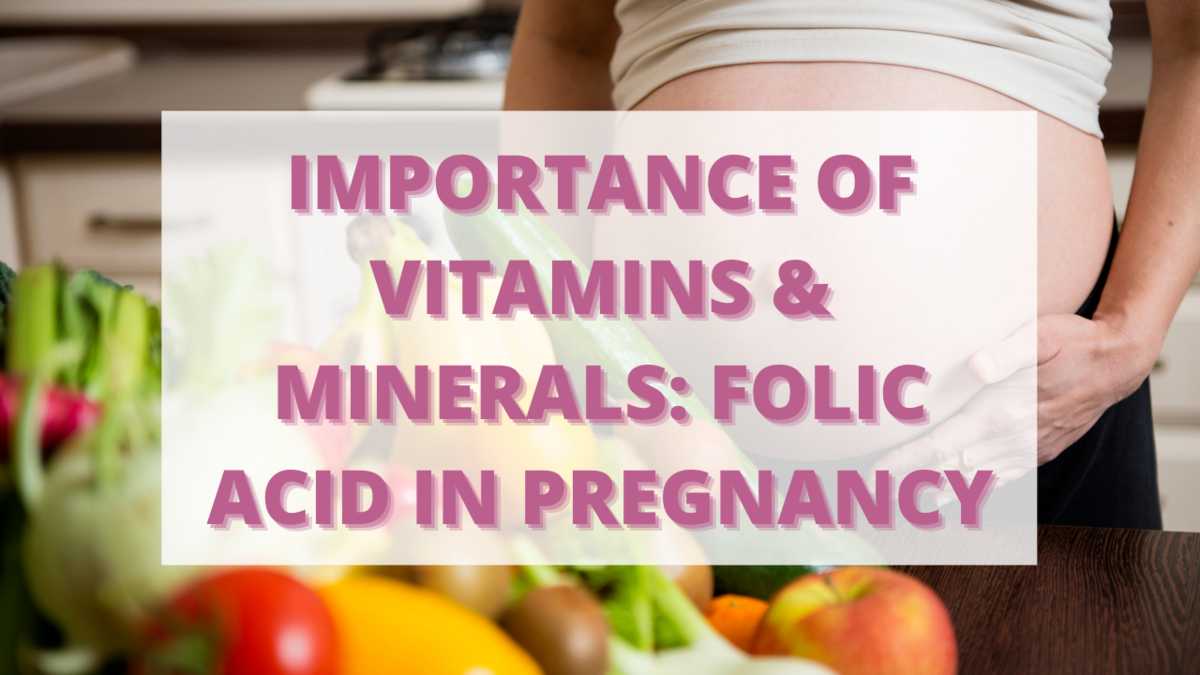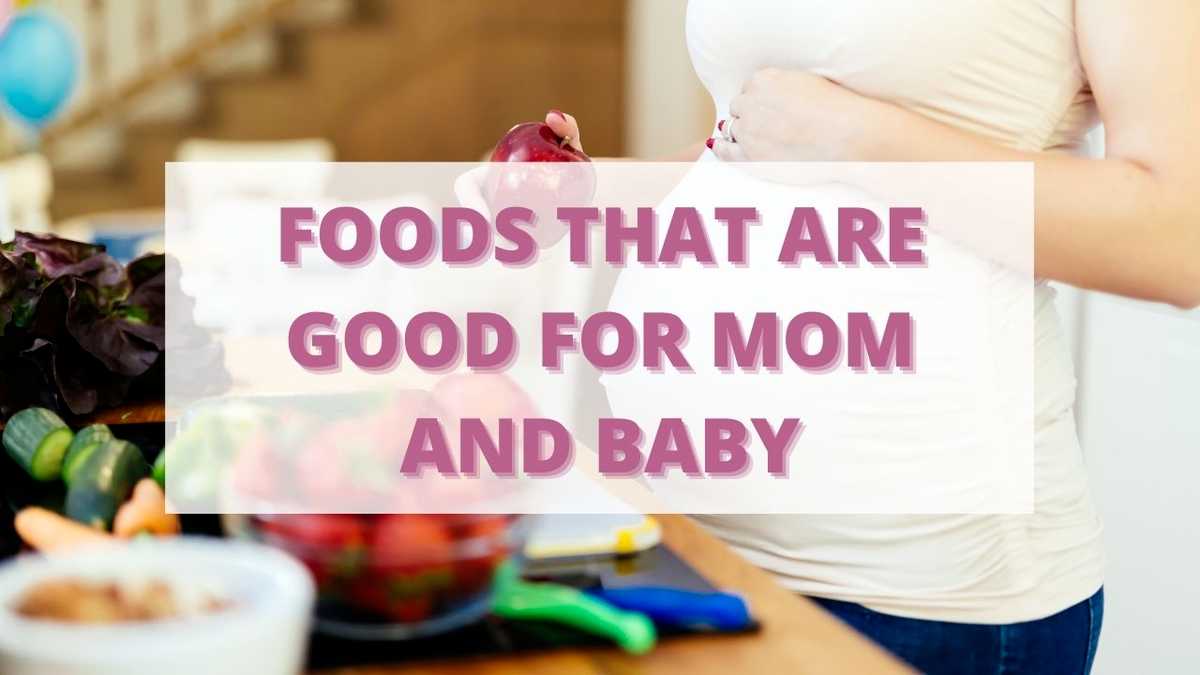Staying hydrated and having adequate fluids is always important, but it is even more crucial during pregnancy that you stay hydrated during pregnancy.


Why is it important to have fluids during pregnancy?
- Water helps your body absorb essential nutrients into the cells and transports vitamins, minerals, and hormones to the blood cells. It’s those nutrient-rich blood cells that reach the placenta and, ultimately, your baby.
- Your body needs water to form amniotic fluid
- To produce extra blood volume
- To build new tissue
- It helps with indigestion and flushes out wastes and toxins from the kidneys.
- It prevents constipation by helping to move solid wastes more speedily down the digestive path. and therefore hemorrhoids
- Softens skin
- Reduces edema or swollen ankles or feet
- Decreases risk of both urinary tract infections and preterm labor
- Helps with fatigue, headaches, and overheating
- Minimizes swelling by getting rid of excess sodium
- Keeps your urine diluted and avoids UTIs as well as bladder infections and kidney infections
What is the recommended fluid intake during pregnancy?
- Though it varies based on your body type and size, how active you are, the general guideline is to drink 8 to 10 glasses (2.3 liters) of fluids every day;
- If it is hot or you have been exercising, you probably need even more.
- While not having enough fluids is not good for health, having more than the recommended 8 to 10 glasses daily is also not advised.
- Try to space out your sips to keep them coming steadily throughout the day rather than gulping a lot at once, which could leave you feeling uncomfortably full.
- Filling a water bottle or two every morning and keeping it handy all day takes the hassle out of hydration.
- Be sure to sip before, during, and after you work out, or if you find yourself outside on a hot day.
How can you tell if you’re getting enough fluids?
- If you feel thirsty, it is a sign that your body is already on its way to being dehydrated.
- If your trips to the bathroom are frequent and your urine is pale or colorless, you are drinking as much fluid as is needed.
What are the ways to have enough fluids?
- Water is not the only way to keep yourself hydrated.
- There are plenty of other liquids like milk, fruit and vegetable juices, soups, teas but be sure to look up the calorie information and added sugars.
- Limit your intake of soda as well as other beverages containing caffeine
Conclusion
Having adequate fluids and staying hydrated is essential for pregnant women as water is essential for the growth and development of the baby and keeps away toxins and infections from the mother. Make sure that you are drinking sufficient fluids throughout the day.
Special Thanks to Dr. Vinita Singh (MS, FICMCH) for expert advice







